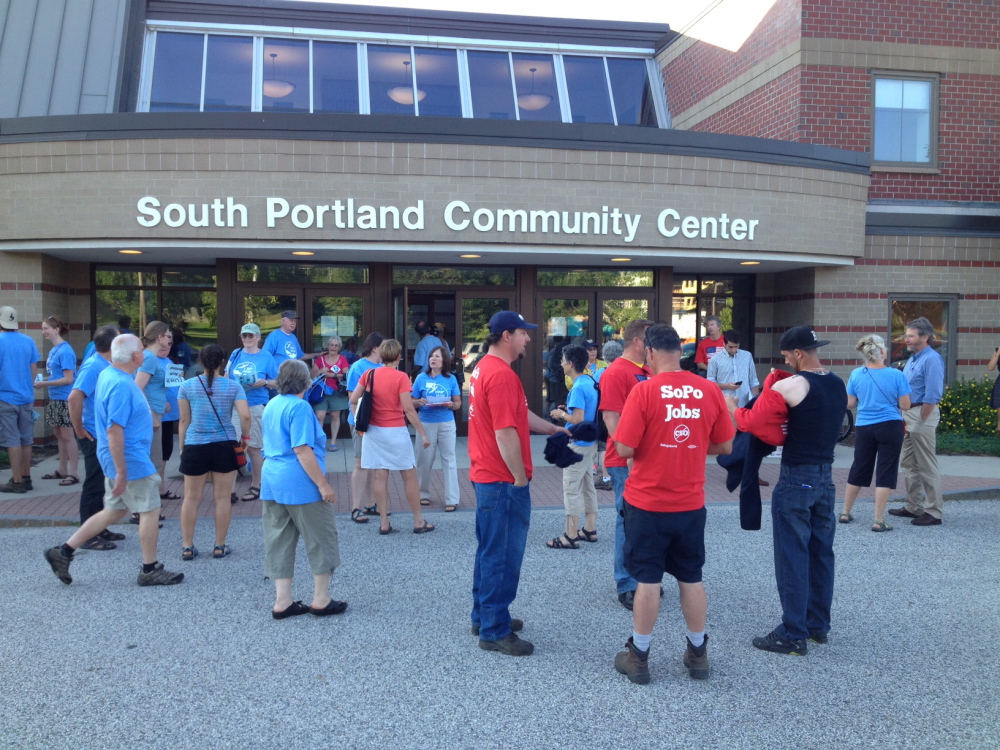Last year, South Portland residents faced a tough, up-or-down vote. The citizen initiated Waterfront Protection Ordinance would effectively ban the use of the local harbor to export oil derived from Canadian tar sands, but it also had the potential to ban much more.
It was a classic pitfall of direct democracy which demands a yes-or-no answer to a complex question, often written entirely by one side of the debate. As written, the ordinance could have been used to limit imports as well as exports, and would have affected all six oil ports even though five of them handled fuels like gasoline, heating oil and jet fuel, not crude oil, let alone tar sands.
Voters narrowly rejected the ordinance, even though many of the people who voted no did so reluctantly because the proposed ordinance was too broad. Fortunately, South Portland has a representative democracy, and city officials did the right thing.
They put a moratorium on the development of oil exporting in the harbor, and put together a task force that took citizen and expert input that created new proposed ordinance that was more narrowly targeted. On Wednesday, the City Council gave preliminary approval to a new ordinance.
Opponents cried foul, saying the council should have listened to the voters, but that’s exactly what the city council did. A significant number of South Portland residents said this was not a yes-or-no question and wanted an answer that was directly tailored to the real situation.
If drafters of the ordinance made a mistake, a future council will be able to fix it without going back out to referendum. If the council misread public opinion in passing something that a majority doesn’t want, councilors can be voted out of office and the ordinance repealed by a new majority.
And if, as expected, this ordinance is challenged in court, the city will be in a stronger position to defend itself than it would have been with an overly broad ordinance, written by activists.
Referendums make sense for the kind of questions that lend themselves to clear up-or-down choices. But on complicated issues like land use regulation, a more fluid process can deliver a better results. This is the right way to develop policy.
Copy the Story LinkSend questions/comments to the editors.



Success. Please wait for the page to reload. If the page does not reload within 5 seconds, please refresh the page.
Enter your email and password to access comments.
Hi, to comment on stories you must . This profile is in addition to your subscription and website login.
Already have a commenting profile? .
Invalid username/password.
Please check your email to confirm and complete your registration.
Only subscribers are eligible to post comments. Please subscribe or login first for digital access. Here’s why.
Use the form below to reset your password. When you've submitted your account email, we will send an email with a reset code.